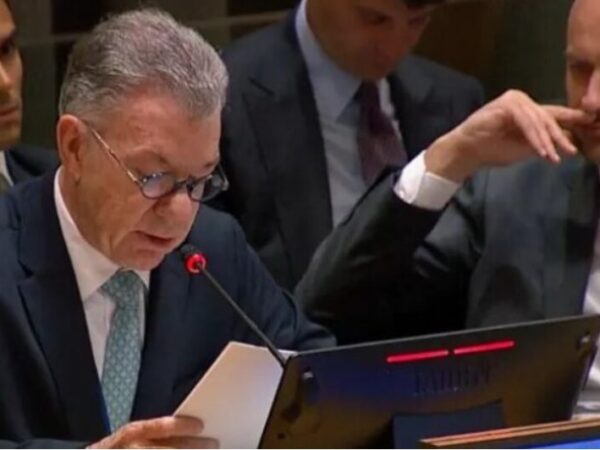A Nation Working Without Financial Relief
In Argentina, holding a job is no longer a guarantee of financial security. Despite being employed, many Argentinians are finding it impossible to cover their basic living costs. According to recent data from the Instituto Nacional de Estadística y Censos (INDEC), 16.1% of employed citizens are actively looking for a second job to supplement their income. This growing trend reflects an economy struggling with high inflation, stagnating wages, and rising poverty levels.
The situation has worsened since the arrival of President Javier Milei, whose economic measures—aimed at reducing the fiscal deficit and deregulating the economy—have sparked debates across the political spectrum. While supporters argue these policies are necessary to stabilize the economy, critics warn they have deepened the hardship for working-class families.
Why Are Employed Argentinians Struggling to Make Ends Meet?
One of the central issues is inflation in Argentina, which has eroded purchasing power at an alarming rate. Over the past year, inflation has consistently hovered in triple digits, pushing the cost of basic goods and services far beyond what many workers can afford. Salaries, especially in the public sector and informal labor markets, have failed to keep pace.
The rise in informal labor—jobs without legal contracts, benefits, or job security—has been another factor driving economic vulnerability. INDEC reports that nearly half of Argentina’s workforce operates in the informal sector, where wages are lower and workers have little to no social protection.
Basic food items, utilities, and housing costs have surged. For example, grocery prices have increased by more than 200% year-on-year in some provinces, while rent in Buenos Aires now consumes a significant portion of an average worker’s salary. For many, the math simply doesn’t add up.
The Impact of Javier Milei’s Economic Policies
President Milei’s economic agenda has focused heavily on cutting public spending, reducing subsidies, and liberalizing markets. Proponents believe these moves will attract investment and reduce Argentina’s chronic fiscal deficits. However, in the short term, these measures have led to steep increases in transportation costs, energy bills, and food prices.
Labor unions have been vocal in their opposition, organizing strikes and protests to demand wage adjustments and greater worker protections. The government, however, has insisted on sticking to its plan, arguing that reversing decades of economic mismanagement requires tough and immediate reforms.
Internationally, Argentina’s economic instability has drawn concern from financial institutions and neighboring countries. The International Monetary Fund (IMF), a key player in Argentina’s debt restructuring, has urged the country to balance fiscal discipline with measures that protect the most vulnerable.
Can Argentina’s Workers Expect Relief Anytime Soon?
For now, the outlook remains uncertain. Economists predict that while inflation may slow in the coming year if fiscal reforms hold, the cost-of-living crisis will continue to weigh heavily on the population. Wage negotiations between unions and employers are expected to intensify, with workers demanding salary increases that match or exceed inflation.
The critical question is whether the government can implement its reforms without causing irreparable harm to the working class. If current trends continue, the gap between income and living expenses will widen, potentially fueling further social unrest.
The resilience of Argentina’s workforce is undeniable, but resilience alone cannot pay the bills. As the country stands at a crossroads, millions of Argentinians are left wondering: will the sacrifices demanded today lead to a more stable tomorrow, or are they simply being asked to endure more hardship with no clear end in sight?
Other News To Read























